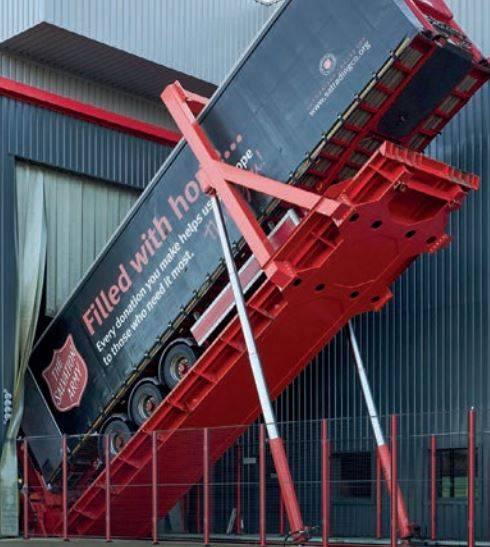WRAP warns of challenges facing textiles recycling

UK-based Waste and Resources Action Programme (WRAP) has published a Post-Consumer Textiles Landscape Review to increase understanding of the flow of post-consumer textiles (PCT) and foster opportunities for collaboration.
The review was developed with members of WRAP’s Textiles 2030 initiative and other industry stakeholders and will also help frame the Closing the Loop on Materials pathway, with the aim of supporting the transition to a circular textiles economy.
Through the review, several gaps have been identified. Increased reporting is necessary, as well as minimum sorting standards and guidance on how to implement good practice, said WRAP. Work needs to be done to retain the value of PCTs for each onward use, and financial mechanisms are required to scale the automatic sorting infrastructure and fibre-to-fibre recycling technologies in the UK.
In addition to piloting infrastructure, there is a need to identify “citizen behaviour change mechanisms” – making kerbside collections of clothing default, making it easy and addressing the information gap to ensure citizens understand PCT is a resource.
WRAP said: “As recently as 20 years ago, businesses working with PCT, such as collectors and sorters, could rely on textile quality and established mature business partnerships to pass on used textiles for reuse, remanufacture, recycling and repair, both here and abroad. However, in recent years, these businesses have been hit with increased costs, limited labour availability and a rapidly-evolving high-risk market landscape.
“This landscape is characterised by growing concerns regarding the industry's environmental impact at the point of disposal, driven by increased consumption and rising levels of textiles being discarded. The effects of fast and cheap fashion, particularly the shift to synthetic, lower-cost materials and lower-quality manufacture, tailored for short-lived micro-trends, have further exacerbated these challenges.”
The full report can be accessed on WRAP’s website.
IMAGE: The Fibersort technology has been developed by Belgium-based Valvan, a supplier of sorting and baling systems, and Dutch company Weiland. In the UK, it enables the Salvation Army to quickly differentiate which clothing can be recycled, offering a breakdown of fibre content after scanning. CREDIT: SATCO






